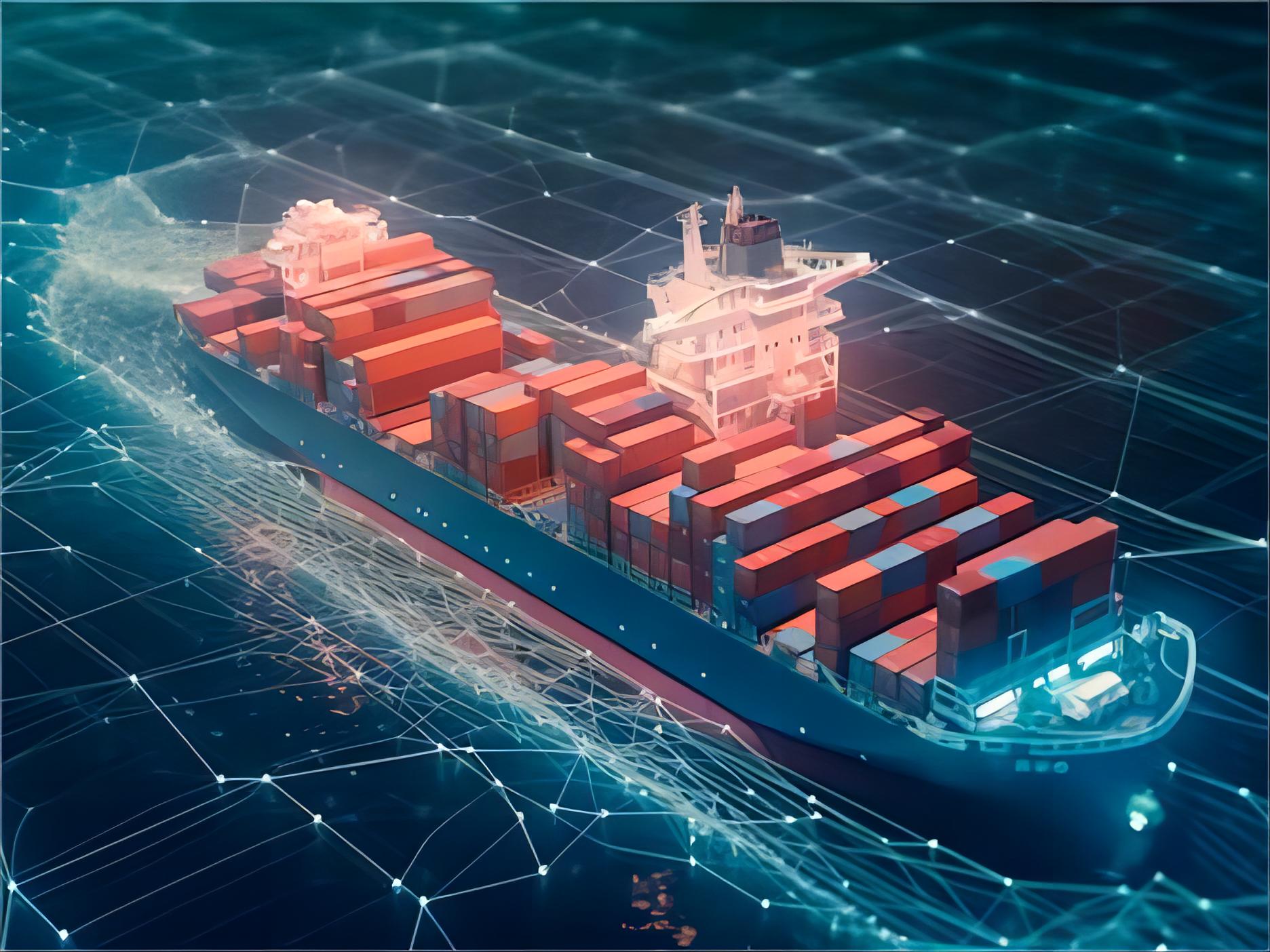- By muchen zheng
- February 21, 2025
- Popular science
In the intricate world of cross – border trade between China and Thailand, “China – Thailand customs regulations” play a pivotal role. These regulations ensure the proper flow of goods, protect domestic industries, and safeguard national security. Let’s take a closer look at some key aspects of these regulations.
1. Documentation Requirements in China – Thailand Customs
Proper documentation is the foundation of a smooth customs clearance process.
Commercial Invoice
You must prepare a detailed commercial invoice. This document should clearly state the value, quantity, and description of the goods. For example, if you are shipping 100 units of smartphones worth $500 each, the invoice should explicitly mention these details. The commercial invoice helps Thai customs assess the value of the goods for duty calculation.
Packing List
A comprehensive packing list is also essential. It itemizes the contents of each package. Suppose you have 5 boxes of clothing, the packing list should list the type of clothing, the quantity in each box, and any relevant details like size and color. This allows customs officers to verify the goods during inspection.
Bill of Lading or Air Waybill
For sea freight, the bill of lading serves as a receipt of goods and evidence of the contract of carriage. In air freight, the air waybill plays a similar role. These documents contain information such as the shipper, consignee, and details of the goods’ origin and destination.

2. Tariffs and Duties in China – Thailand Customs
Understanding the tariff and duty system is crucial for cost – effective trade.
Tariff Rates
Thailand has a specific tariff rate for different categories of goods. For instance, consumer electronics may have a different tariff rate compared to agricultural products. The rates can vary from 0% to a relatively high percentage depending on the nature of the goods. It is advisable to check the Thai customs tariff schedule in advance to estimate the cost of duties.
Duty Exemptions and Reductions
There are certain cases where goods may be eligible for duty exemptions or reductions. Goods imported for specific projects, such as those for infrastructure development under approved government programs, may qualify for duty – free entry. Additionally, some goods under free trade agreements between China and Thailand may enjoy reduced tariff rates.
3. Prohibited and Restricted Goods in China – Thailand Customs
To ensure public safety and compliance with regulations, certain goods are either prohibited or restricted.
Prohibited Goods
Goods like drugs, weapons, and counterfeit products are strictly prohibited. Importing these items can lead to severe legal consequences, including hefty fines and imprisonment. Thai customs conducts strict inspections to prevent the entry of such goods.
Restricted Goods
Restricted goods require special permits or licenses for import. Examples include certain types of medical equipment, live animals, and endangered species products. For example, if you want to import medical devices, you need to obtain the necessary approval from the relevant Thai authorities before shipping.
In conclusion, being well – versed in China – Thailand customs regulations is essential for anyone involved in trade between the two countries. By complying with these regulations, you can avoid delays, fines, and other potential issues in the customs clearance process.Utilize China Top Freight to help solve the problems you are facing. Contact us today to embark on your smooth transportation journey!


